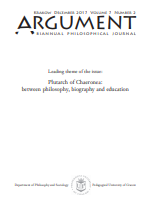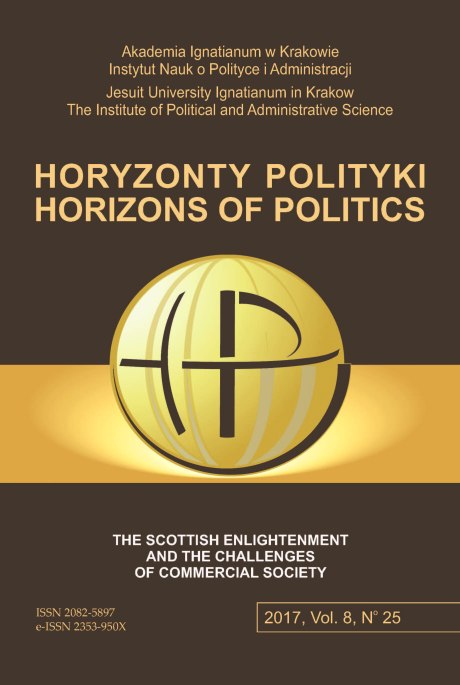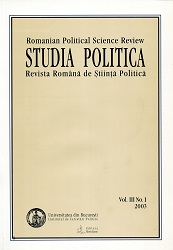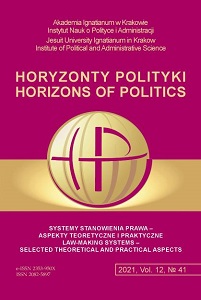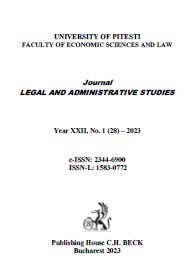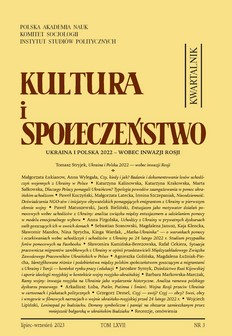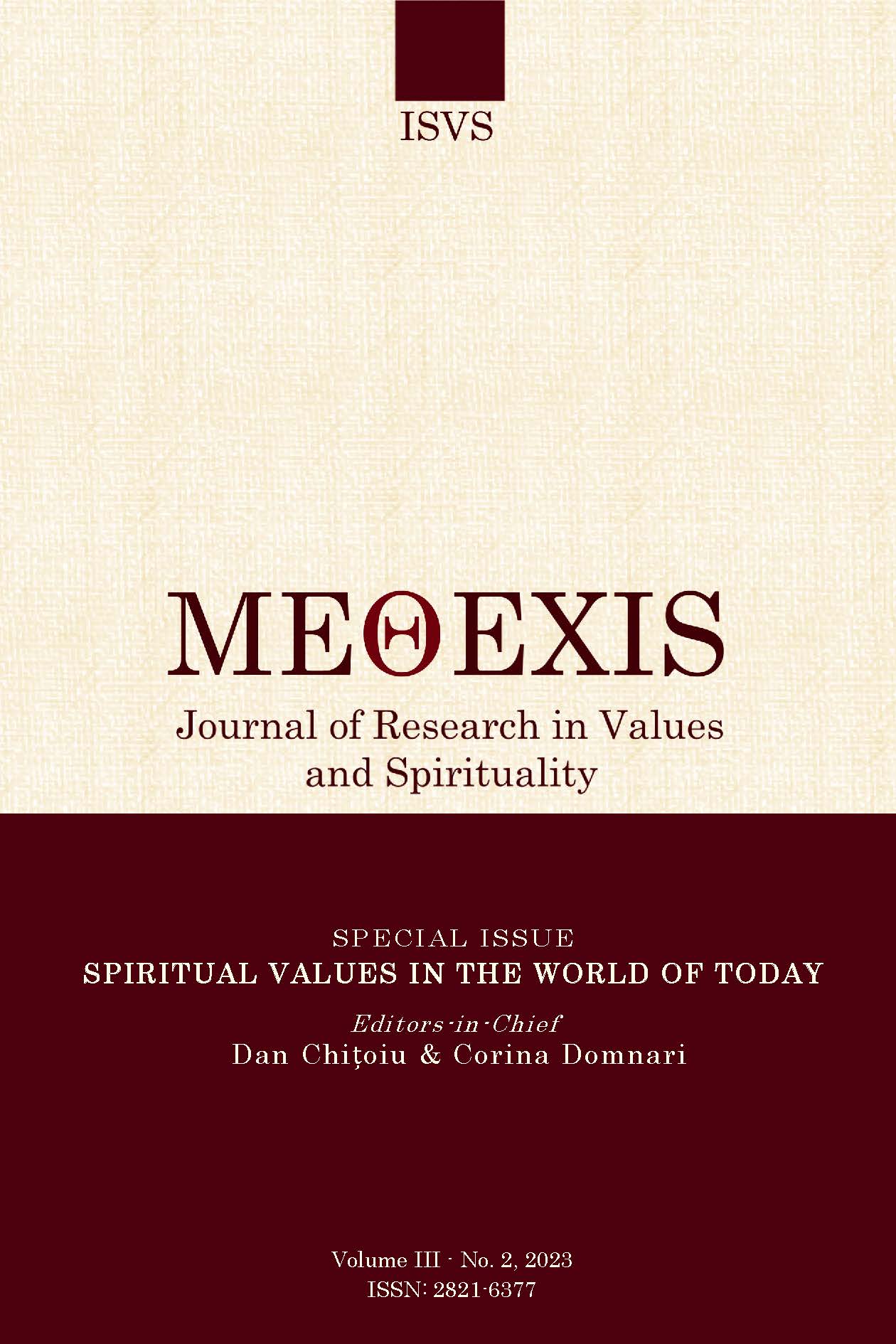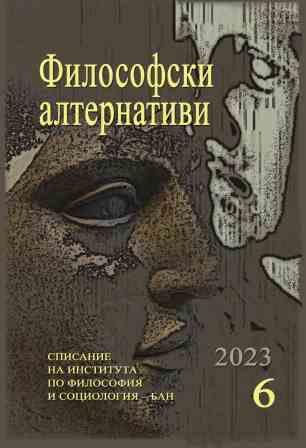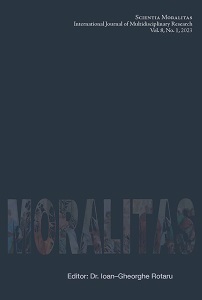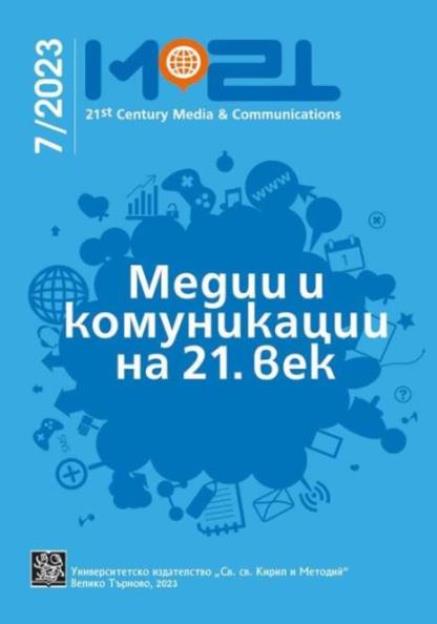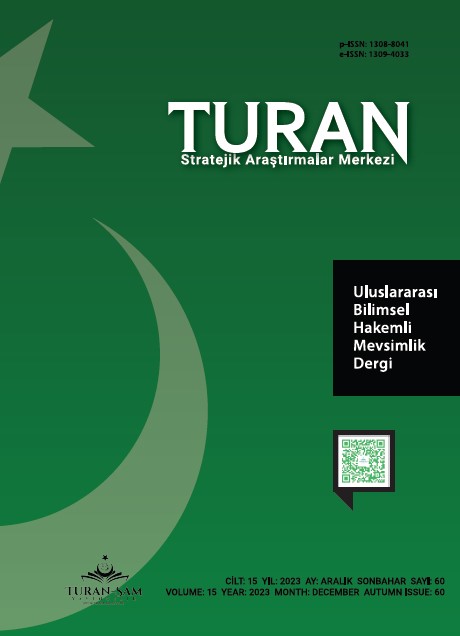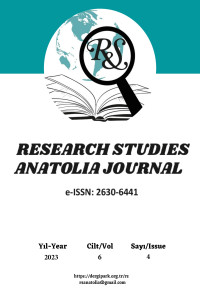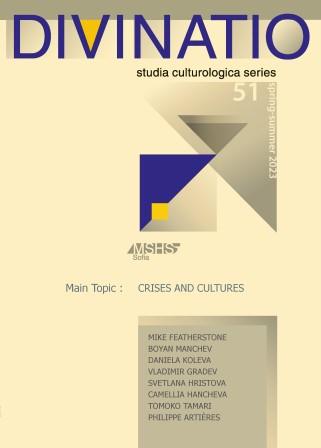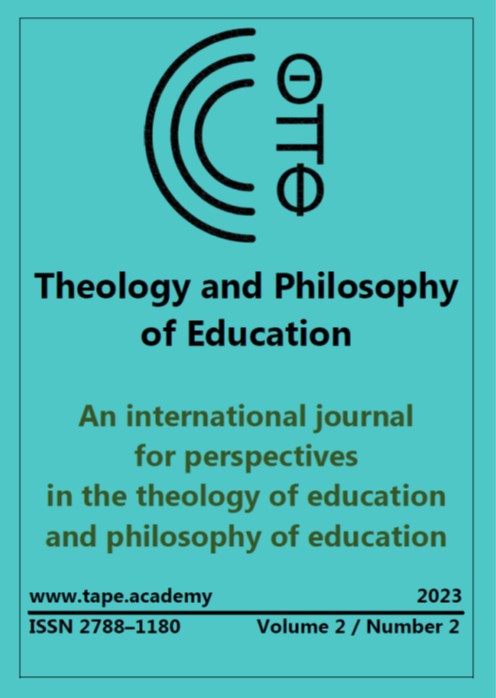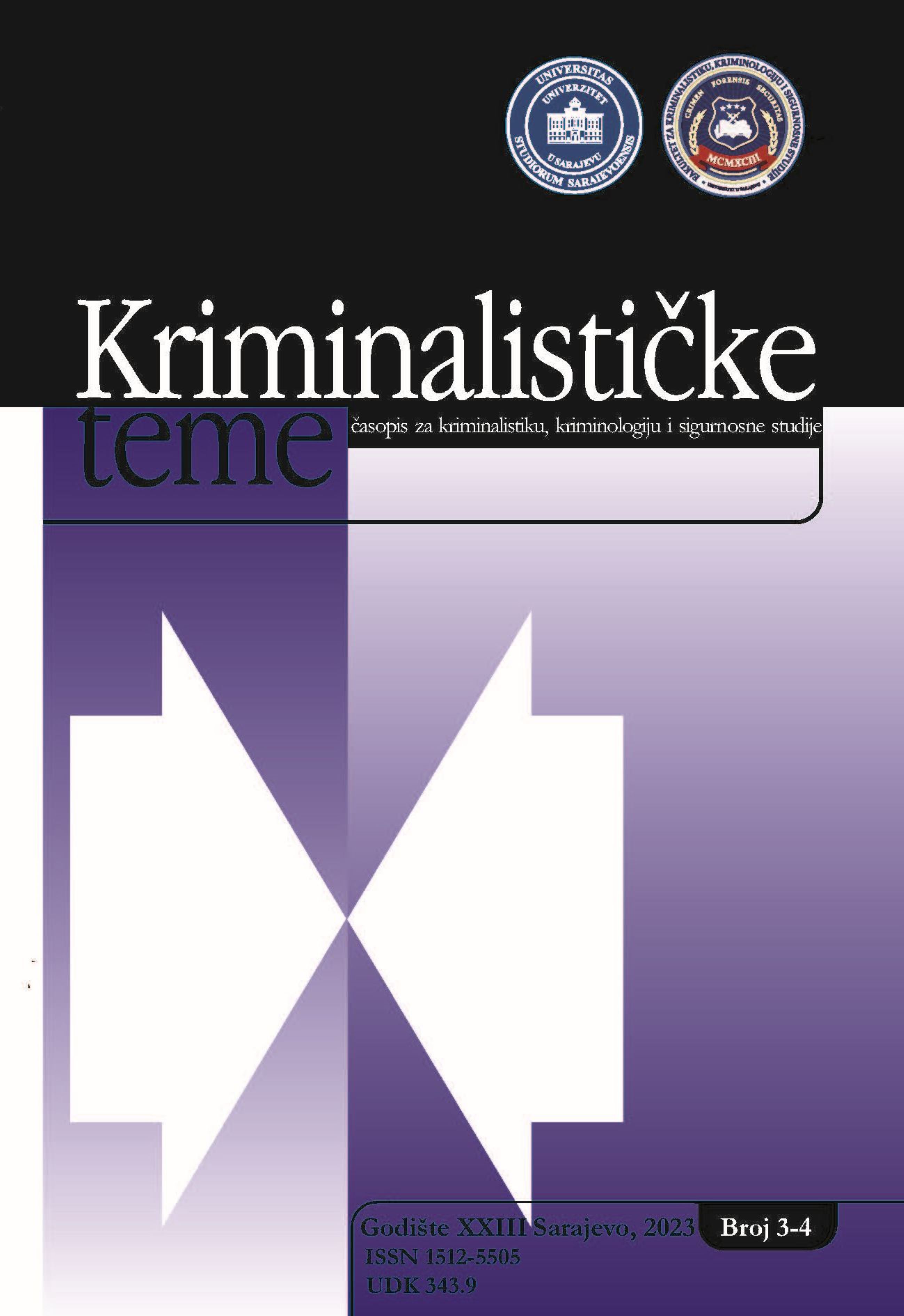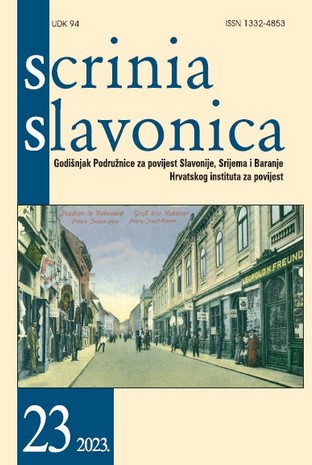Author(s): Tonči Matulić / Language(s): Croatian
Issue: 03/2005
The article is an expanded critical evaluation of a book Sudbina odabranih. Eugeničko nasljeđe u vrijeme genske tehnologije (The Fate of the Chosen: Eugenics’ Heritage in the Age of Gene Technology) by Darko Polšek. Taking into consideration that the author of the book a priori approves the idea of laissez-faire eugenics, i.e. of non-interventions into eugenics by the State, as his departure point, which means that total freedom of individual choice and decisions conceming the issues of birth, children and the quality of life - has been predicted, the author of the article tries to point out some unacceptable epistemological and ethical theses of such an approach to eugenics’ praxis. Namely, the author of the article demonstrates that the book does not offer convincing arguments, which should epistemologically, anthropologically, and, as a consequence, ethically, prove the main difference between the praxis of classical, so called, »rightist eugenics«, on one hand, and, so called, »new«, »private« or »leftist eugenics», on the other hand. In the article, the contents and the ideas of the book were followed. The author of the article makes efforts to mediate the main theses of the book, but sticking to its abovementioned defficiences, this results in critical examination and challenges to the book’s author visionary basic theses of laissez-faire eugenics.That fact, however, does not underestimate the value of the book as a pioneering work in Croatian language on eugenics, i.e. on libertarian concept of eugenics, and demands also significant intellectual and spiritual courage. According to the author of the article, in the context of libertarian concept, however, we have to deal with the certain praxis which transcends the border of specifically human and enters the spheres of in-human.
More...
